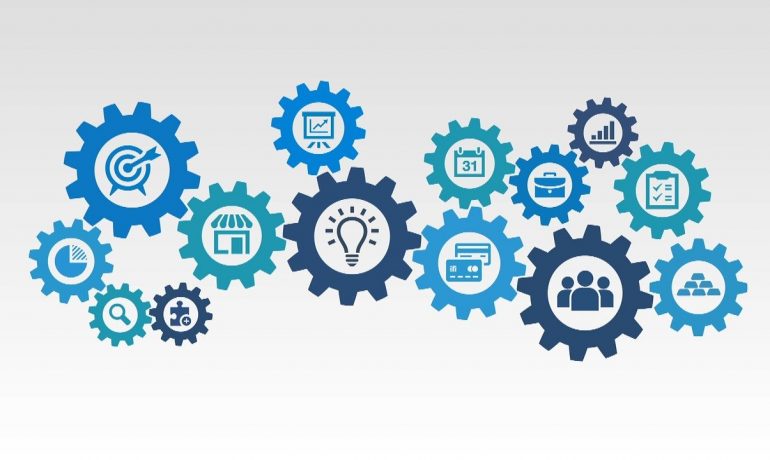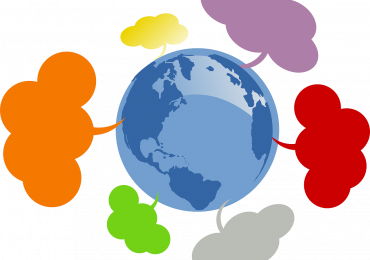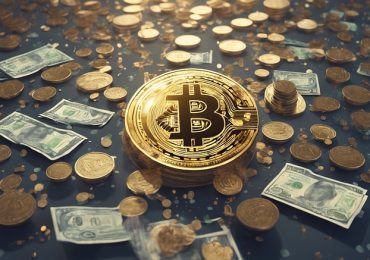I have been invited to lead the Association of Strategic Planning’s Virtual conference (ASP2-21) with a keynote address on the role of ethics in strategy. The keynote starts by asking why organisations need ethics – why is keeping to the law not enough? I use several examples of how the world is changing to illustrate that ethical behaviour in business reduces risk and contributes to performance – that ethics is absolutely a central part of strategy.
The keynote itself will be available only through the ASP web site until November 2021, so this blog is based on a podcast for Strategic Motivator arranged for the run up to the conference. In this blog and in the podcast, I expand on some of the ways in which the world is changing.
I focused on three: population, the economy, and the global balance of power.
To start – the global population- in many places like Latin America and East Asia, the numbers of people is shrinking, not growing and the global population looks to peak in 2040 at about 8.5 billion. This is because women are having smaller families. Think about what this means for individuals and the family – most people used to have siblings, cousins, parents and maybe one or two grandparents. Now, increasingly, globally, children grow up without siblings and cousins, with one or two parents or step- parents, and several grandparents, even great grandparents. Wow, this is different. The support and challenge that siblings can give each other is hard to find for only children.
And the financial, emotional and care demands from older relatives is harder to meet if they are not shared with siblings. In the US, by 2030, for the first time ever there will be more older people than young.
This also has an effect in the business world too. Family firms are two-thirds of the global economy and are often a role model for ethical behaviour. As family sizes reduce, there is less likelihood of a child wanting to take the business on. The ability to plan for succession reduces, changing their focus – they may no longer be able to provide stability and act as role models, they may need to prepare for a sale.
Secondly, the economy. The use of automation and machinery has changed the nature and number of blue collar jobs, and this is fast happening to “middle class” or white collar jobs. The middle class is being hollowed out as knowledge is captured on platforms. Many white-collar jobs from medicine to law, accountancy and engineering, are changing to reflect he use of virtual working, big data and AI.
Inside firms, middle management has been drastically cut back as management reporting systems handle much of the data collection and analysis that middle management used to be responsible for. But middle management had two roles – one, those information flows and two, mentoring and management of people. This second responsibility, for people, is now often delivered through a range of special services, rather than by line managers. Now front line workers have little connection with management, and the idea of progression through the ranks is less attainable.
Another way in which the economy is changing is because of the ability of money to cross national boundaries. Governments are rooted in a specific geography. This makes it harder for governments to collect taxes, and to provide safety nets for citizens. Covid has of course stressed government spending further and is behind recent moves in some US states to permit – and tax – online gambling.
The third change, the global balance of power, will not be a surprise – but the extent of the impacts might be. The shift in economic power towards Asia from North America and Europe is going to have ongoing repercussions – from Chinese tour groups swamping scenic destinations and historic sites, to Europeans using online commerce platforms and cars designed mostly to meet Asian needs. And perhaps most profoundly, political power follows economic power.
So, just three ways in which the world is changing – from the individual and family, to the economy, to global political power. However, in case these all sound threatening and gloomy, I should say that I am an optimist and I believe that change creates opportunity – and that people are amazingly resilient!
In particular, Gen Z and Millennials have grown up with high levels of education, and in the connected world of computers, phones and social media. They are able to connect globally to organise and tackle problems – think Operation Libero against the far right in Switzerland, Greta Thunberg and the climate change movement, Black Lives Matter protests with large white participation, the development of Covid 19 vaccines in 10 months rather than 10 years.
We live in interesting times!
Written by Gill Ringland, SAMI Emeritus Fellow and former Director of Ethical Reading. Details of the new book “Green Shoots – from here to there” – can be found at www.global-megatrends.com
Future-prepared firms outperform the average by 33% higher profitability and 200% higher growth. SAMI Consulting brings 30 years of experience delivering foresight, futures and scenario planning – enabling companies and organisations make “robust decisions in uncertain times”. Find out more www.samiconsulting.co.uk.
Image by ar130405 from Pixabay


